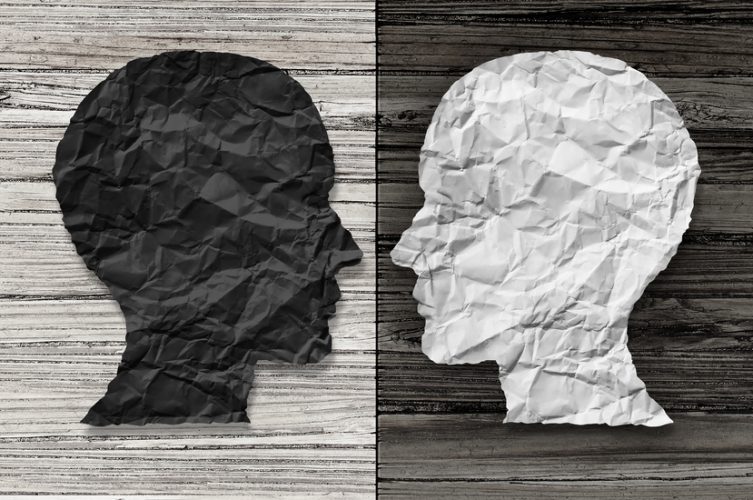Immunosuppressant Drugs May Offer Protection Against Parkinson’s Disease
Two categories of of immunosuppressants were associated with a lower risk of developing Parkinson’s disease (PD) in a large population-based case–control study of U.S. Medicare beneficiaries. The results of the targeted pharmacoepidemiology analysis were published online on May 31 in Annals of Clinical and Translational Neurology.
Patients prescribed corticosteroids were 20 percent less likely to develop PD, and those who took inosine monophosphate dehydrogenase (IMDH) inhibitors (such as azathiopine, mycophenolate, leflunomide), had approximately one-third reduced risk.
Previous studies have reported on the potential role of neuroinflammation in the pathogenesis of neurodegenerative diseases, such as PD. This has led to the belief that immunosuppressant drugs could affect the neuroinflammatory component of neurodegeneration through peripheral T-cell immunomodulation.
It’s not clear whether these medications cross an intact blood–brain barrier, but the researchers believe the potential neuroprotective mechanism could be attributed to peripheral suppression of T‐cell activity.
“[T]his pharmacoepidemiology study provides additional evidence of a potential role of the immune system in disease risk and potential therapeutic targets to modify risk of PD and possibly even PD progression,” the researchers, led by Brad A. Racette, MD, an associate professor of neurology at Washington University of St. Louis, MO, wrote.
To test the association between immunosuppressants and the reduced risk of PD, the researchers factored in the existence of specific autoimmune disorders in their analysis. The results remained the same, which suggests the difference in risk was related to immunosuppressant therapies and not the conditions being treated.
The researchers cautioned the relative risks for IMDH inhibitors were mostly protective, but they’re not always precise, because these medications are infrequently used. And they pointed out that the protective effect of corticosteroids is considered weaker, since they couldn’t rule out whether the association is due to smoking for which they may be prescribed. Also, corticosteroids tend to include many side effects.
The researchers said they could only speculate on the potential mechanisms of these immunosuppressants on PD. Currently, there are no approved medications that can alter PD progression. The results warrant further research to determine whether immunosuppressants, like IMDH inhibitors, could modify PD.
Among the study limitations, the authors noted their inability to estimate PD risk in relation to immunosuppressants in younger patients due to the age of the population covered by Medicare. In addition, they wrote, they were limited to a “relatively narrow window of exposure, and had to assume patients took these medications for extended periods during their lives, limiting our ability to make causal inference and to conduct analyses that consider cumulative dose.”
The study was funded by the Michael J. Fox Foundation, the National Institute of Environmental
Health Sciences, the National Institute of Neurological Disorders and Strokem the American Parkinson Disease Foundation, and the Center for Pharmacoepidemiology Research Training at the University of Pennsylvania Perelman School of Medicine.









